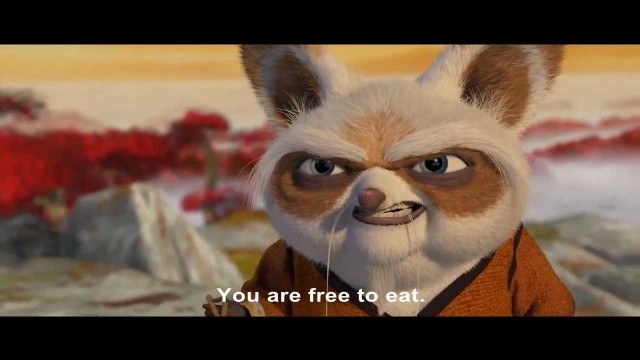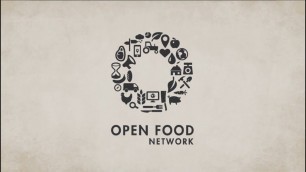

04:12
Jan 9, 2022
0
0
'A short clip from Kung Fu Panda that is meant to be used in a classroom to illustrate the process of skill acquisition - not only sports and martial arts skills, but also musical and language skills, I hope that the copyright holder allows this clip to remain in the spirit of educational fair use, but I\'ll understand if they don\'t. Even if people don\'t care about the educational point, perhaps this clip can serve as a preview to a truly excellent movie and motivate them to see it or buy the DVD. The educational point is this: When Kung Fu Panda\'s opportunity for training finally arrives, the master realizes that he cannot directly train his new giant protege the same way he had trained the others, by directly showing him what to do. The master tells Po: \" When you focus on kung fu, when you concentrate . . . . you stink. Perhaps that is my fault. I cannot train you the way I have trained the Five. I now see that the way to get through to you is with this.\" And he holds up a bowl of dumplings. This is analogous to how fluent language cannot be taught the same way that one might teach chemistry or history, by studying it directly. The Master recognizes that tasty food is the giant panda\'s principle interest and need in life. He keeps that food just out of Po\'s reach, forcing him into battle, a battle that he can only win by acquiring the kungfu skills that match the master\'s. And in the end, he does this -- no direct instruction required. Now, to an American, whose culture is drenched in behaviorist thinking, Po learns Kungfu simply because he is so highly motivated. The strength of his desire focuses his mind on figuring out kungfu techniques on his own until he discovers which ones are necessary for defeating the master. But there\'s a better way of looking at it, which is that effective kungfu fighting cannot be totally grasped by the conscious mind to begin with. It\'s just too complex and subtle and unpredictable. Po\'s focus on food distracts his conscious mind from directly controlling his every movement and focuses it on the major goal -- eating. This allows his subconscious talents (which do exist already) to emerge and acquire the necessary skills by themselves, though the conscious mind monitors their progress and can provide general guidance -- such as the location of the food, an understanding of the opponent\'s skill set, and an evaluation of the success or failure of particular strategies. The analogy with language acquisition is this: The language center is a thinking part of the brain, that is located in the subconscious, its thinking processes hidden away from conscious awareness. Thus, it bears some resemblance to Kungfu Panda\'s budding kungfu skills, which lurked beneath his awareness. And like the Panda craves food, the language center craves meaning. The conscious mind of the language learner should focus on obtaining meaning for the language center to digest, to associate with various speech sounds using appropriate language structures. A message whose meaning is understood when \"fed\" to the language center is termed \"Comprehensible Input.\" All language acquisition, whether verbal language or sign language, is based on comprehensible input.'See also:












comments